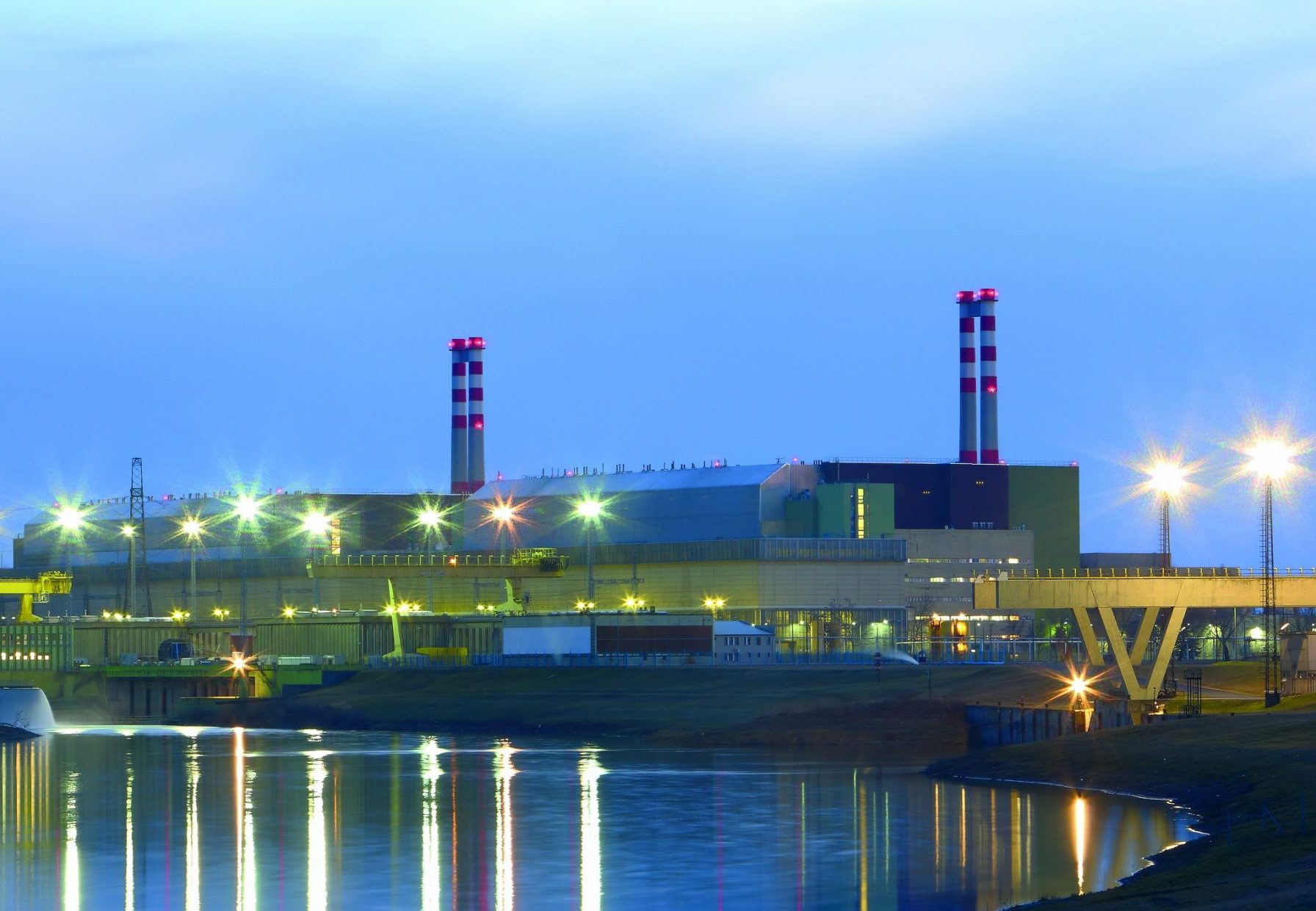
While in autumn 2021, 26 percent of European citizens were against the use of nuclear energy, by autumn 2022, this proportion had fallen to 15 percent.Continue reading

The Berlin government is still blocking Siemens Energy from delivering the control system for the new Paks reactor units under previous agreements, while the German company’s consortium partner, the French company Framatome, has already approved it, Hungarian Foreign Minister Péter Szijjártó said in Paris on Tuesday.
The Foreign Minister, following his talks with French Energy Minister Agnes Pannier-Runacher, described the expansion of the Paks nuclear power plant as key to Hungary’s long-term energy security.
He stressed that the control system for this is being supplied by a German-French consortium, but as this is now a dual-use technology from a legal point of view, the current European regulatory environment requires the relevant national export authority to authorize its civilian use. This has already been done in the case of France, but not yet in the case of Germany.
“The French have a completely rational, pragmatic, rational approach to this issue, not a political or ideological approach, but a physical reality, and the physical reality is that nuclear energy is a sustainable, cheap, environmentally friendly and efficient way of producing energy, and it also provides a degree of security in the current highly volatile international energy market environment with unreasonably high prices,” Péter Szijjártó stressed.
In contrast, the German government continues to block Siemens Energy from delivering the control system already contracted for the Paks nuclear power plant. This could be seen as an attack on our sovereignty, as security of energy supply is a matter of sovereignty and the energy mix is a national competence,”
he underlined.
According to the Foreign Minister, the two members of the German government, the Minister for Economic Affairs and the Minister for Foreign Affairs, who should authorize the delivery, have no legal basis whatsoever to block this delivery and jeopardize Hungary’s future energy security.
Szijjártó highlighted that there is a strategic understanding between Hungary and France on the importance of nuclear energy, and that this is now the most successful area of bilateral cooperation. He recalled that the two countries had fought together against the discrimination against nuclear energy and for the European Union to recognize nuclear energy as sustainable.
“We have been successful and today we agreed to maintain this strategic cooperation in the field of nuclear energy in the coming period,” he said. He also underlined that the parties agree that it makes no sense to impose sanctions on the Russian nuclear industry.
The Hungarian Foreign Minister also held talks with his French counterpart Catherine Colonna. After the meeting, he said that Hungary and France both want peace in Ukraine, but that the two countries differ in their approach on how to achieve it and what tactical steps could be taken. He stressed that “beyond that, which is not an EU issue but a strategic one, we almost all agree or have the same approach”.
During his trip to Paris, Péter Szijjártó also attended a meeting of the Organization for Economic Co-operation and Development (OECD), where he said that decision-makers in large and powerful countries have a responsibility not to break all ties between East and West or to prevent the restoration of cooperation.
The minister stressed that Hungary is a Central European country with one of the most open economies in the world, and that the government has always supported free and fair global trade. Szijjártó said it was an important goal for Hungary to become a meeting point for major companies from the West and the East, for example in the field of the revolutionary automotive industry.
Featured photo via Facebook/MVM Paksi Atomerőmű Zrt.